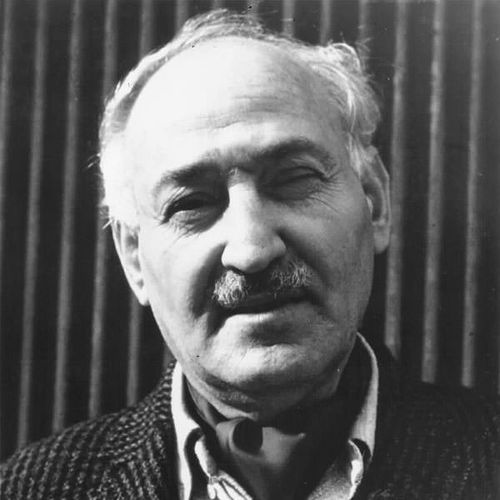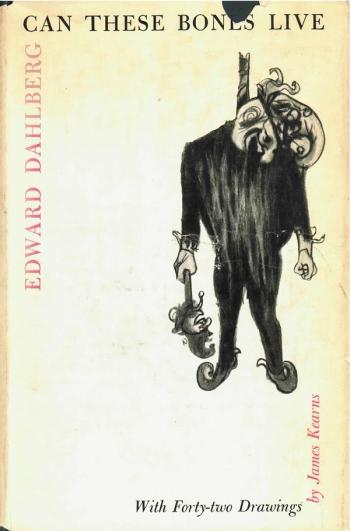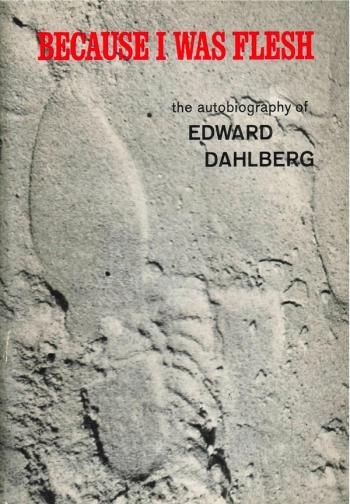Edward Dahlberg
Edward Dahlberg (1900–1977) was born in Boston to a single mother, Elizabeth Dahlberg. Troubled by constantly unsettled circumstances, Elizabeth Dahlberg eventually became the operator of a barbershop in Kansas City in 1905. Edward was placed in a Cleveland, Ohio orphanage in 1912 and enlisted in the army during the last days of World War I. He received a degree from Columbia University then became part of the community of expatriate American writers in late-1920s Paris. Later in his career, he devoted considerable time to literary study and criticism, and was awarded a Guggenheim Fellowship in 1976.


